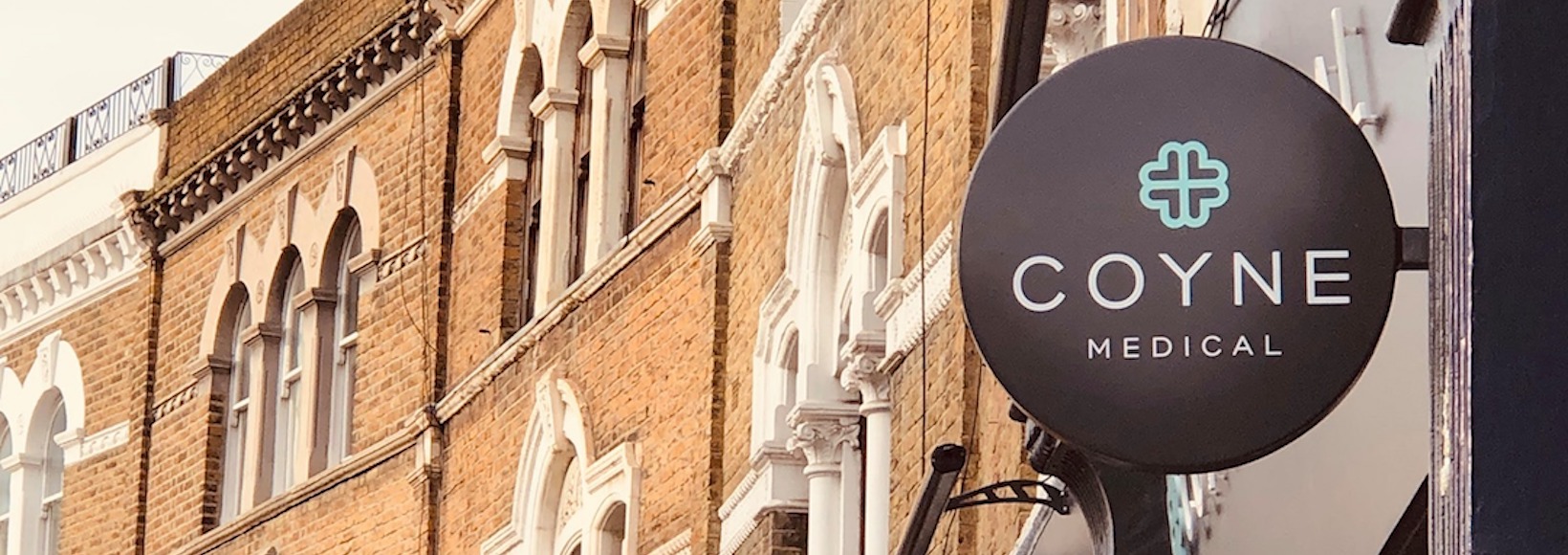
Covid-19 Antibody Testing Update
There is growing evidence that past infection SARS-CoV-2 (Covid-19) provides protection against reinfection. Indeed despite over 76 million people being infected worldwide true re-infections have only been rarely reported, these seem to occur most commonly when the original infection was very mild or asymptomatic. This adds weight to the scientific opinion that natural infection does provide some immunity to re-infection.
A recent study of healthcare workers in Oxford shows some promising results. They followed healthcare workers and compared rates of Covid-19 between two groups, those with antibodies and without. The results showed that those with antibodies had approximately 90% protection against any Covid-19 infection, and indeed probably over 95% protection against symptomatic Covid-19 infection over a 6 month period. This is hopeful news for those who have recently experienced a Covid-19 illness and made a recovery with antibodies.
Today a very promising UK study showed 88% of people with positive antibodies retained those antibodies over a 6 month period.
There are three types of antibody test available for testing currently commercially, all of which we have available at Coyne Medical. All the tests are processed by an external UKAS approved laboratory, results are usually available within 24 hours via email.
Abbott IgG antibody test
This checks for IgG antibodies against SARS-CoV-2, these are the kind of antibodies made by your immune system after infection. The Abbott test finds antibodies which are particular to a part of the virus called the nucleocapsid, this is the part of the virus which encases the DNA of the virus. They usually appear from around 14 days onwards from the start of an infection. We would recommend therefore only test at least 2 weeks and ideally 3 weeks after infection. The government-approved Abbott IgG antibody test required a normal blood test by one of our doctors at the clinic.
Abbott reports the test is 99% sensitive in detecting the presence of antibodies in the blood sample. Real world studies of the Abbott IgG test by Public Health England found approximately 93% of people will test positive for antibodies 2-3 weeks after infection. Some people don’t show antibodies after infection, they may still have immunity through over parts of the immune system such as T cells. People who are immunosuppressed and in pregnancy may also be more likely to test negative for antibodies. This antibody test will not be positive after vaccination. The result will be reported by the laboratory as positive or negative.
Roche IgM/IgG antibody test
This test is very similar to the Abbott test. It also looks for IgG antibodies to the nucleocapsid part of the virus. The time scales are also the same with ideal time for testing after approximately 3 weeks following an infection. A standard blood sample taken in the clinic can be used. In addition it has also been approved to use a capillary blood sample, this is can be taken at home or in the clinic using a fingerprick sample. This may be helpful for patients who are away from London or for whom a blood test is difficult.
The Roche test also looks for the IgM antibody, this type of antibody is made again usually starting in the second week of Covid-19 infection. However, the levels are expected to decline much more quickly. The test result will be reported as negative or positive for antibodies.
Roche reported 99% sensitivity in detecting antibodies at least 14 days following infection. Further evaluation by Public Health England found the test detected 86% of cases when a sample was taken 21 days after infection. The test will not be positive after vaccination alone.
Roche Spike Antibody Test
This is the newest antibody test available. It looks for antibodies to a different part of the virus, instead of the nucleocapsid it looks for antibodies to the spike protein. In studies, over 98% of patients tested positive for the spike antibodies 21 days after a positive PCR test. It was also shown to be highly specific to Covid-19 and did not show positive results for other similar viruses such as the common cold. The test is reported as negative or positive, if it is positive the level of antibodies will also be reported. These spike antibodies will be expected to be positive after either natural infection or immunisation. The spike antibody test uses a normal blood sample taken at the clinic. It can also work on a fingerprick sample taken at home.
T cell immunity
We know that some people may have “immunity” or protection from Covid-19 via other parts of the immune system such as T-cells. These are tested for in many research studies but not yet commercially available.
Regardless of antibody results, it is important that we all continue to carefully follow the government’s advice on social distancing measures. Especially as even those with antibodies may not have 100% immunity and it may still be possible to transmit the virus. This may especially be the case if you were exposed to a new variant such as the ‘South African variant’. If you would like to book an antibody test you can book online or you can add the antibody test if you are visiting us for a GP consultation or wellness screen. Fees Covid-19 antibody test appointment, including discussion with private GP, blood sample taking, laboratory analysis and result by email £150. Addition of antibody blood test to GP consultation or wellness screening £75. Results are usually available within 24 hours.
Dr Lucy Hooper, 3rd February 2021
References
Antibody Status and Incidence of SARS-CoV-2 Infection in Health Care Workers, New England Journal of Medicine.
Public Health England evaluation of Abbott IgG antibody test
Public Health England evaluation of Roche IgM/IgG antibody test
Comments are closed.